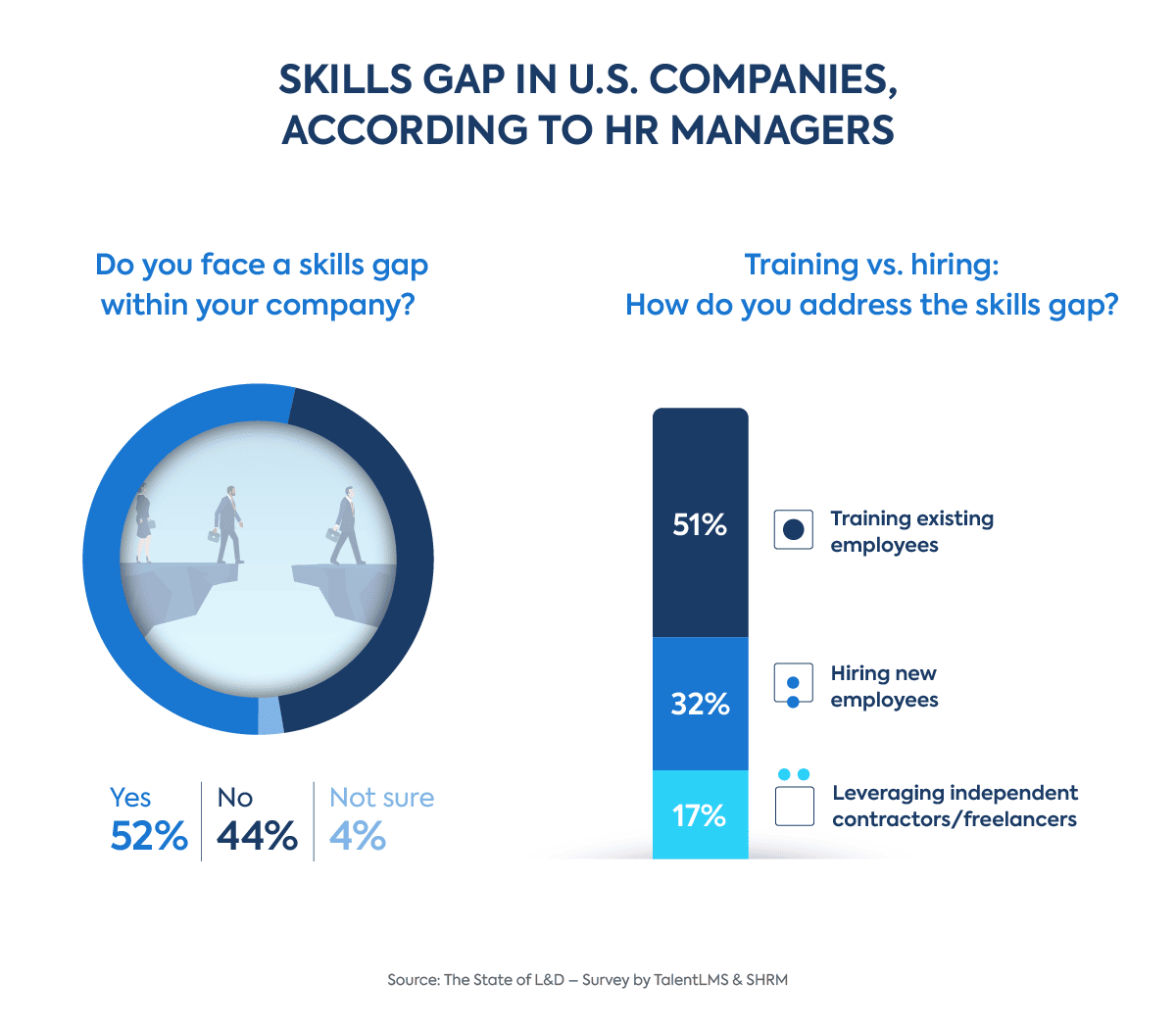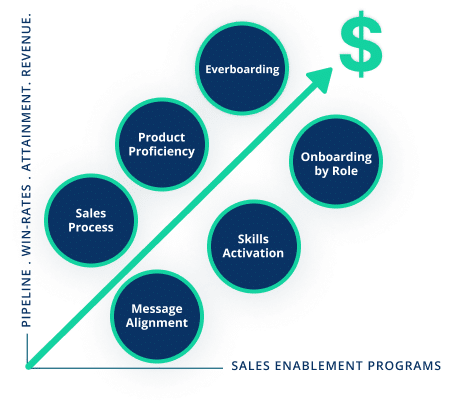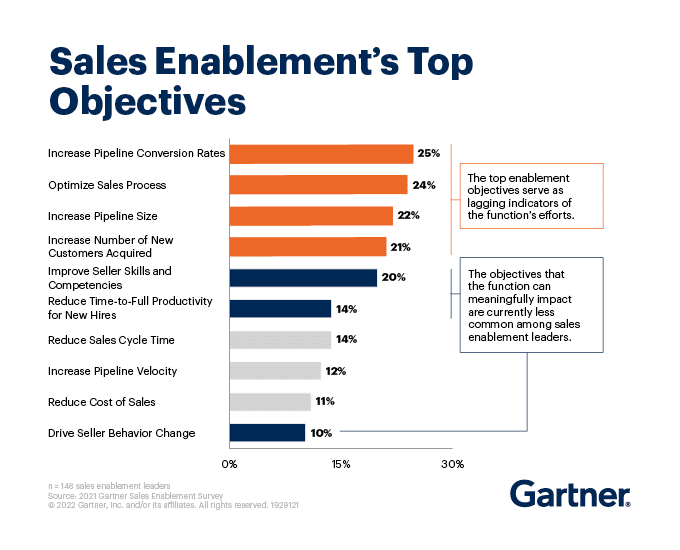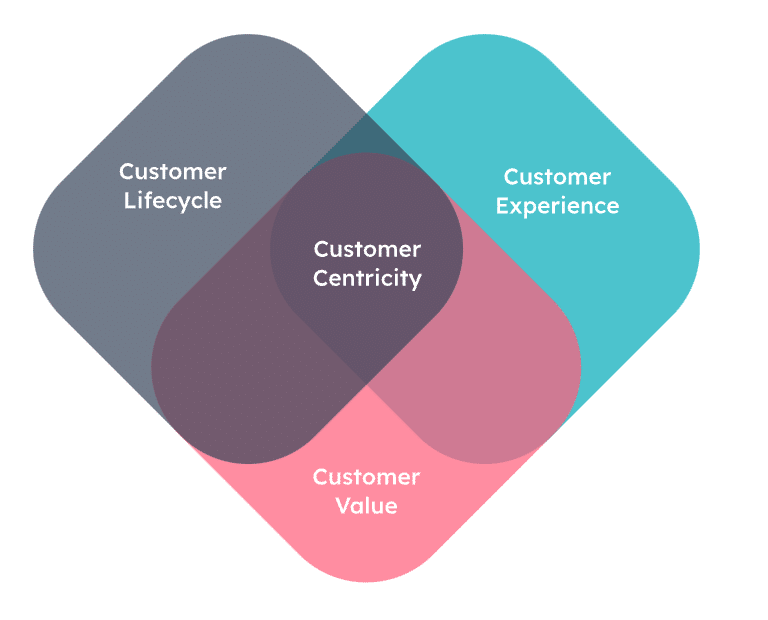Building a solid sales team is crucial for the success of any SaaS company. The sales team is responsible for bringing in revenue, acquiring new customers, and retaining existing ones. A structured sales team ensures that the sales process is streamlined, efficient, and effective. This means that every member of the team understands their role and responsibilities, and there is a clear hierarchy and communication channels in place.
A structured sales team also allows for better tracking and analysis of sales performance, which can help identify areas for improvement and optimize the sales process. An effective sales team can provide a better customer experience, as each customer will have a dedicated point of contact who can guide them through the sales process and address any concerns they may have. Ultimately, building a high-performing sales team ensures a reliable revenue stream and a positive customer experience.
Hiring the Right People to Generate the Right Results
Building a high-performing SaaS sales team requires hiring the right people. 41% of companies report that a bad hire has cost them at least $25,000, and another 25% report that a bad hire has cost them at least $50,000. This highlights the importance of taking a strategic approach to hiring, particularly when it comes to sales roles where the impact of an underperforming team member can be significant.
In the competitive and constantly evolving SaaS industry, hiring the right people for your sales team can make all the difference in achieving and sustaining business success. It is essential to identify candidates who have the right skills, experience, and cultural fit to thrive in a fast-paced SaaS sales environment.
How to Identify Top Sales Talent
When identifying top sales talent for your SaaS sales team, it is crucial to look beyond a candidate’s resume and focus on their skills and potential. Salespeople who excel in a SaaS environment typically possess excellent communication and relationship-building skills, a deep understanding of technology, and a passion for sales. Identifying candidates with a successful track record in SaaS sales can also be a good indicator of future success.

Utilizing online assessments and tools such as SalesForce, Hubspot, and Gong, can help identify and assess top sales talent for a SaaS sales team. Additionally, leveraging employee referrals and industry networking events can also help source top talent with relevant experience in the SaaS industry.
Hiring a diverse team is often more innovative and generates a greater ROI. Companies with diverse management teams produce up to 20% more in revenue and are 1.7 times more likely to be innovative leaders in their respective fields.
Techniques for Evaluating and Interviewing Candidates for a SaaS Sales Team
Interviewing candidates for a SaaS sales team requires a strategic approach to evaluate their skills, experience, and potential fit for the company culture. One technique is the Behavioral Event Interview (BEI) method, which focuses on the candidate’s past behaviors and actions, providing insights into how they handle various situations.
The situational interview, which presents hypothetical scenarios that reflect real-life situations in the SaaS sales environment, and evaluates how the candidate would handle them, is another strategic interview approach. Utilizing a combination of structured and unstructured interview questions, as well as online assessments and tools such as Predictive Index and HireVue, can also provide valuable insights into a candidate’s potential success in a SaaS sales role. These techniques allow for a more comprehensive evaluation of candidates, ensuring that the best talent is selected to join your SaaS sales team.
Sales Training Strategies:
Creating Effective Onboarding for a SaaS Sales Team
Effective onboarding is essential to building a high-performing SaaS sales team. Onboarding is the foundation for a sales team’s success, and it should provide new hires with the necessary tools, information, and support to start selling SaaS products effectively. According Highspot, Sales onboarding can improve win rates by 14% and quota attainment by 6.6%.
Onboarding for a SaaS sales team should focus on providing an in-depth overview of the SaaS product, sales methodologies, company culture, and role-specific expectations. A comprehensive onboarding process will ensure that new hires are equipped to start selling and contributing to the company’s growth from day one.
Overview of Training Process for a New Team
Training is an ongoing process for a SaaS sales team. It includes onboarding, ongoing coaching, and development, regular training sessions, and access to learning resources.

Training for a SaaS sales team should focus on developing skills such as communication, objection handling, and product knowledge.
The Sales Management Association found that companies that invest in ongoing sales training and development achieve higher win rates and lower turnover rates. SaaS sales teams should also utilize sales enablement tools, such as sales content management platforms like Seismic and Showpad, and sales analytics tools like Gong, to optimize their sales training and enablement.
Importance of Continuous Training for a SaaS Sales Team
Continuous training is essential for maintaining a high-performing SaaS sales team. According to research by Brainshark, companies that invest in ongoing sales training achieve 50% higher net sales per employee. The SaaS industry is constantly evolving, and continuous training ensures that the sales team is equipped with the latest tools, trends, and techniques.

Continuous training includes ongoing coaching and development, regular training sessions, and access to learning resources. It also fosters a culture of continuous improvement, where the sales team is encouraged to share best practices and learn from each other’s experiences. By investing in continuous training, SaaS sales teams can stay ahead of the competition and achieve their sales targets.
Explanation of Sales Enablement for SaaS Sales Teams
Sales enablement is the process of providing the SaaS sales team with the resources, tools, and information they need to sell effectively. It involves aligning sales and marketing teams, providing training and coaching, and utilizing technology to optimize the sales process. Sales enablement aims to increase sales productivity, improve the customer experience, and drive revenue growth. Sales enablement is critical for SaaS sales teams because it helps them sell the unique value of the SaaS product and differentiate it from the competition.
How Sales Enablement is Tied to Success
Sales enablement is vital for SaaS sales teams because it helps them to sell more effectively and efficiently. Sales enablement has recently surged in popularity, experiencing a 343% increase in adoption over the last 5 years. Organizations with sales enablement achieve a 49% win rate on forecasted deals, compared to 42.5% for those without. Sales enablement helps to ensure that the sales team is equipped with the right content, messaging, and training to engage prospects, communicate value, and close deals. By utilizing sales enablement tools and techniques, SaaS sales teams can increase their productivity, shorten the sales cycle, and drive revenue growth.
Sales Enablement Techniques and Tools for SaaS Sales Teams
Sales enablement for SaaS sales teams involves utilizing a range of techniques and tools to optimize the sales process. Some sales enablement techniques include developing buyer personas, creating sales playbooks, and implementing a content strategy.

Sales enablement tools for SaaS sales teams include customer relationship management (CRM) software, sales analytics tools, and sales content management platforms. Sales management platforms such as Saleslion helps SaaS sales teams to manage, organize, and distribute sales content, ensuring that sales reps have access to the right content at the right time.
Sales analytics tools such as Chorus.ai provides insights into the sales process, enabling sales managers to identify areas for improvement and optimize the sales process. By utilizing sales enablement techniques and tools, SaaS sales teams can improve their performance and drive revenue growth.
Importance of Performance Management for SaaS Sales Teams
Performance management is critical for SaaS sales teams as it enables sales managers to track and measure sales performance and identify areas for improvement. Performance management involves setting sales goals, providing regular feedback, coaching and training sales reps, and utilizing performance metrics to optimize the sales process. By implementing a performance management process, SaaS sales teams can improve their performance and drive revenue growth. According to a study by CSO Insights, companies with formal sales coaching processes achieve 28.7% higher win rates than those without.
Overview of Performance Management Process
The performance management process for SaaS sales teams involves several steps. The first step is to establish clear and measurable sales goals aligned with the overall business objectives. The next step is to provide regular feedback and coaching to sales reps to help them improve their performance. Sales managers should utilize performance metrics such as sales quota attainment, sales pipeline metrics, and customer satisfaction metrics to identify areas for improvement and optimize the sales process. Sales managers should also provide ongoing training and development opportunities to help sales reps improve their skills and stay up-to-date with the latest sales techniques and technologies.

Techniques for Improving Sales Team Performance
There are several techniques that SaaS sales teams can use to improve their performance. One technique is to implement a sales process that is aligned with the buyer’s journey. This involves understanding the customer’s needs and pain points and developing a sales process that addresses these issues. Another technique is to utilize sales automation tools such as HubSpot and Salesforce to streamline the sales process and reduce administrative tasks. SaaS sales teams can also leverage sales data and analytics tools such as Gong and Chorus.ai to gain insights into the sales process and identify areas for improvement. By utilizing these techniques, SaaS sales teams can improve their performance and drive revenue growth.
Key Takeaways
Building an effective sales team requires a comprehensive approach that includes hiring, onboarding, training, enablement, and performance management. By implementing these best practices, SaaS companies can drive revenue growth and achieve long-term success.
Written by: Tony Zayas, Chief Revenue Officer
In my role as Chief Revenue Officer at Insivia, I am at the forefront of driving transformation and results for SaaS and technology companies. I lead strategic marketing and business development initiatives, helping businesses overcome plateaus and achieve significant growth. My journey has led me to collaborate with leading businesses and apply my knowledge to revolutionize industries.
